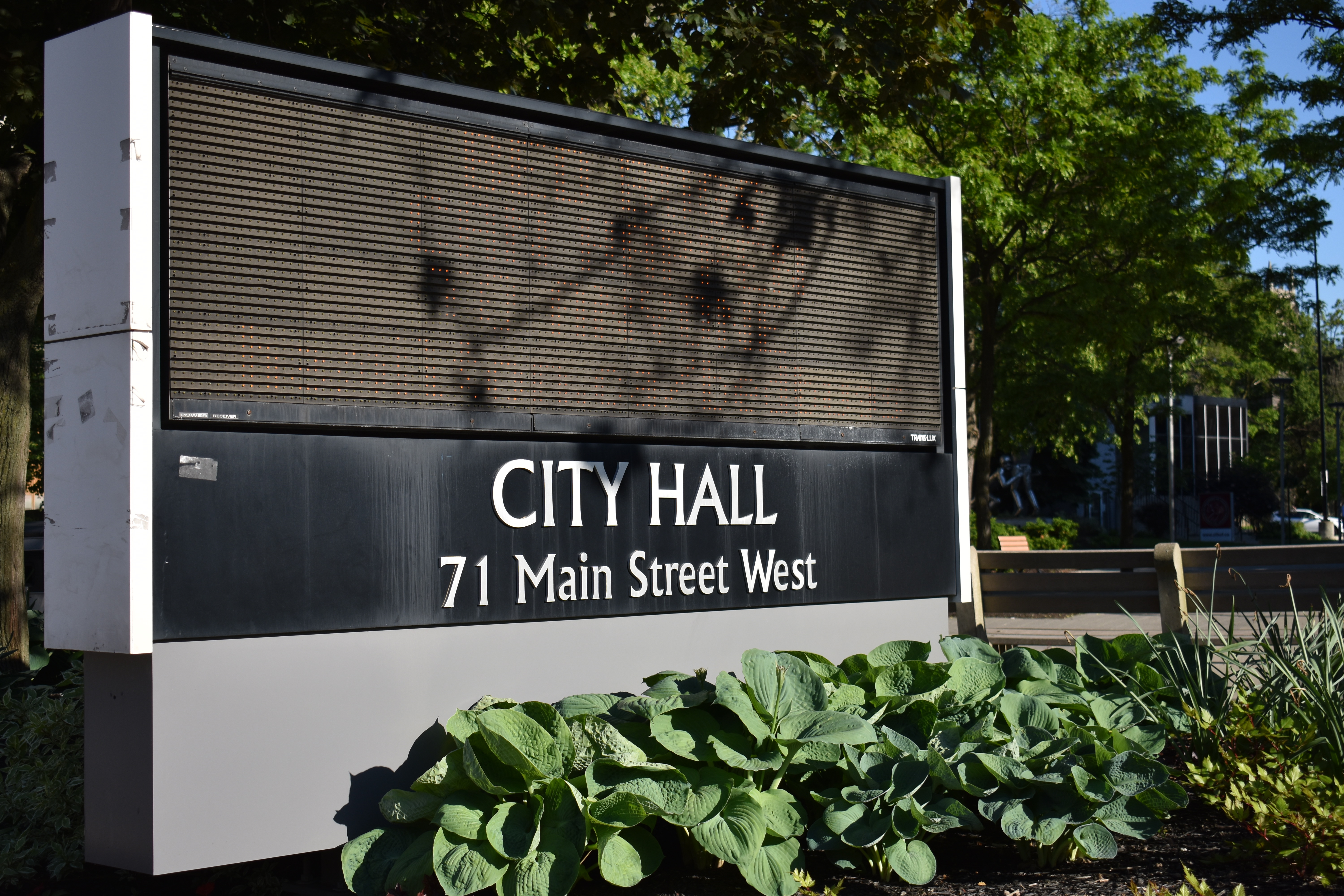After years of rising costs for para-transit, in Fall 2019, Hamilton City Council asked the City’s internal auditor to review the City’s Alternative Transportation Services division to find ways of containing costs.
The auditors review ATS, hired external consultants, found administrative deficiencies, and are making recommendations which Council will consider next week.
In pre-COVID times, the politics that seniors vote would weigh heavily upon Council as one of the key recommendations is to regularly review the eligibility of present alternative transportation clients and to end the grandfathering rules which give more services to individuals who qualified for para-transit services prior to rule changes in 2012.
With years of deferred spending prior to COVID, critical infrastructure deficits, and ballooning legal expenses following City Council coverups, the budgetary pressures leading into the 2022 municipal election means Council may change its posture towards DARTS eligibility.
The City’s para-transit service, which the municipality is required to operate by provincial legislation, provided 844,007 trips in 2019 at an average cost of $26.71 per trip.
DARTS, short for Disable and Aged Regional Transit Service, has seen rides increase by 78 per cent since 2013.
Provincial regulations state the fare for DARTS must be the same as for regular transit.
Hamilton’s public transit agency, the Hamilton Street Railway (HSR), does not charge fare for passengers with mobility devices or over the age of 80. As a result, a majority of DARTS trips do not involve a passenger fare.
The City is forbidden from limiting the number of trips eligible DARTS riders take and must provide door-to-door services for DARTS users under the City’s present framework.
DARTS is officially an arms-length non-profit agency. However, all major decisions involving DARTS are made by City Council.
150 Applications Re-Evaluated, Only 49% Clear Met Criteria
As part of the review, the internal auditor hired Lifemark – a company which conducts assessment reviews for other municipalities – to review 150 applications which Hamilton city staff approved as eligible for para-transit.
Of the 150, “Lifemark reached the same eligibility decision for only 49% of the applications” the auditors report states.
Two city staff review applications. The internal auditor express concern the job description and requires do not reflect the works and skills need for the position.
There two qualifications for the job “• Experience in and/or knowledge of accessibility and transit is an asset; and • Strong empathy for, and understanding of the needs of, persons with disabilities and older adults.
The internal auditor writes “these two qualifications do not encompass the technical or medical/healthcare expertise that one would expect for medical-related eligibility determinations”.
These staff approve nearly all applications “From 2017 to 2019, we found there were only seven applications denied out of 8,598 applications received and assessed”.
Politics of Para-Transit
For decades, Hamilton City Councillors have ensured that nearly all applications for paratransit were approved.
Seniors vote in significant numbers, and this helps explain one of the reasons Council grandfathered all pre-2012 riders when eligibility was changed following the HSR operating accessible buses on a trips starting in 2009.
The internal auditor notes this grandfathering many times.
They further note that “Approximately 64% of HSR bus stops are accessible (e.g. shelter, benches and larger platform areas and entrance openings) and plans are in place to achieve 100% AODA compliance by 2025.”
Taxi Scrips to Reduce Costs?
The City offers a taxi subsidy program for eligible DARTS clients. For $24, DARTS clients can purchase $40 worth of taxi fare. People are limited to three books per month.
“ATS may want to explore more ways to expand the Taxi Scrip Program to take advantageof the lower cost Taxi Scrip option for clients who choose to use it”, the auditors write.
The auditors suggest the City look at allow more books to be purchased each month.
Integration of Rides with the HSR?
Another cost saving suggestion is to have DARTS connect riders to HSR routes for part of their trips.
“ATS may want to explore whether an integrated service model may reduce costs. The more people streamed to conventional public transit, even for part of their trip, reduces the overall cost of transit for the City”, the auditors write.
Hamilton’s Advisory Committee for Persons with Disabilities has expressed significant concerns with this type of plan in the past, with special concern for reliability issues such as missed connections or HSR buses lacking capacity for individuals with mobility
devices.
Council will discuss the report during the Monday, December 7, 2020 Public Works committee meeting starting at 1:30pm. It is Item 9.1 on the agenda. The meeting will livestream on YouTube.
Production Details v. 1.0.0 First published: December 3, 2020 Last edited: December 3, 2020 Author: Joey Coleman Edit Record v. 1.0.0 original version

